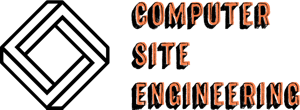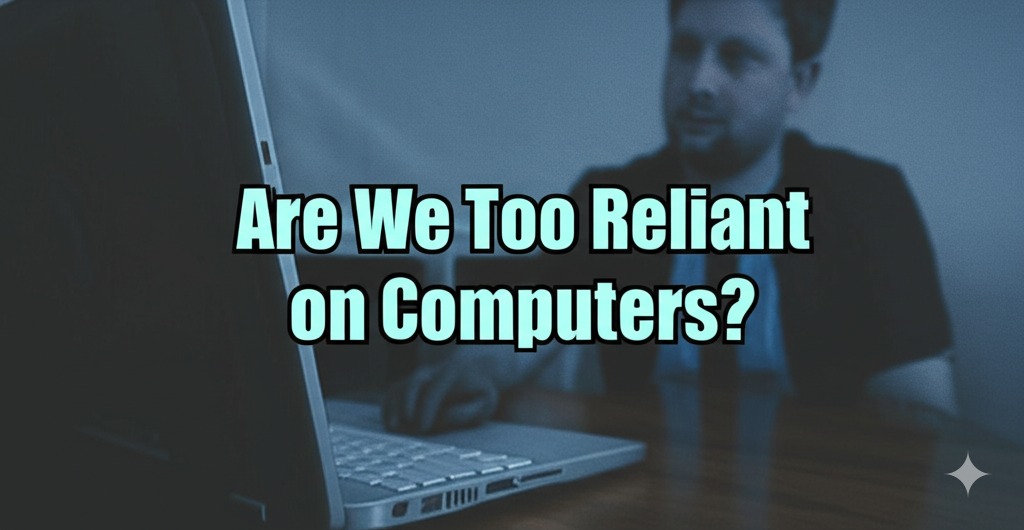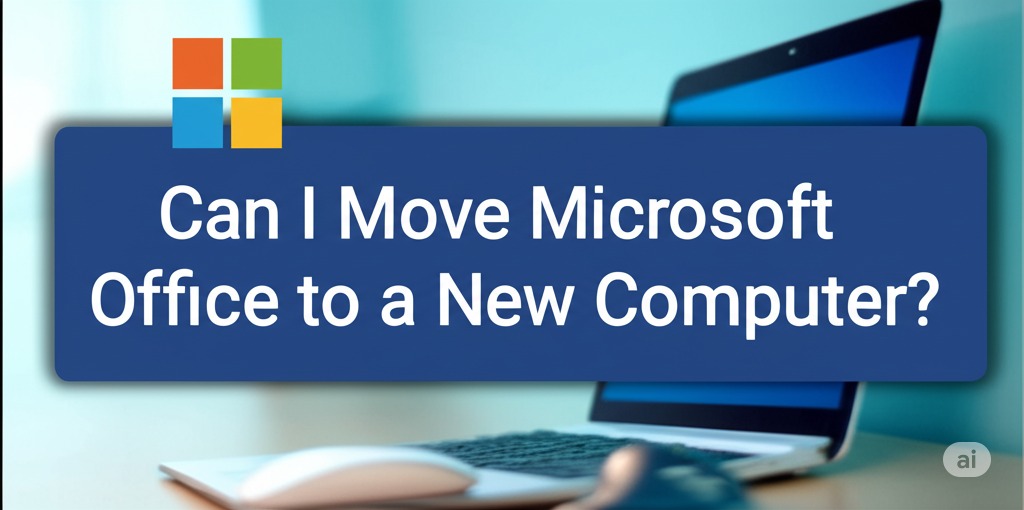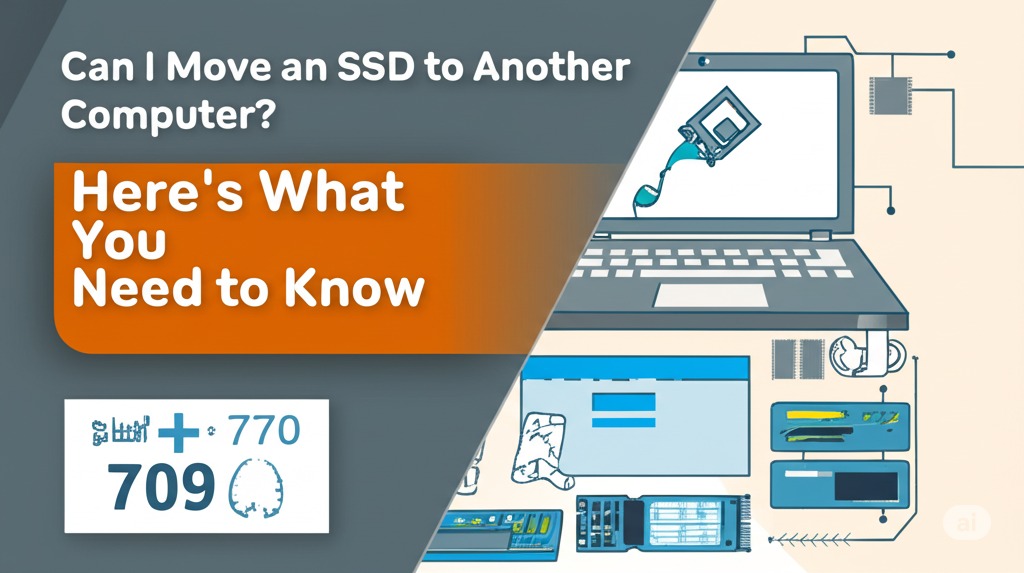In today’s world, it’s hard to imagine a life without computers. Whether it’s at work, school, or home, computers have become a central part of our daily lives. But have we become too reliant on them? As technology continues to advance at a rapid pace, many are left questioning if we’ve lost touch with traditional methods and if our dependence on computers might be doing more harm than good. This article explores both the benefits and drawbacks of our reliance on computers and the impact it’s having on society.
The Role of Computers in Our Daily Lives
Computers are undeniably embedded in nearly every aspect of our daily routines. From checking emails and social media to managing finances and making purchases online, computers are at the heart of modern life. But what are the actual advantages of relying so heavily on this technology?
The Benefits of Computer Usage
- Efficiency and Productivity: Computers allow us to complete tasks faster and with greater accuracy. With the ability to automate processes, manage data, and access information at the click of a button, computers have revolutionized the way we work and live.
- Connectivity: Thanks to the internet, computers enable instant communication across the globe. Whether it’s for business or personal relationships, we can connect with anyone, anywhere, at any time.
- Access to Information: The internet provides a vast repository of knowledge. From research to learning new skills, computers make information accessible in ways that were unimaginable just a few decades ago.
Despite these advantages, it’s essential to consider the potential downsides of such dependence.
The Dark Side of Our Computer Dependency
While computers offer convenience and efficiency, there are growing concerns about the negative impact of over-reliance on them.
Social Isolation and Reduced Face-to-Face Interaction
As we spend more time interacting with computers, both for work and social purposes, face-to-face communication is dwindling. Video calls and instant messaging might provide an alternative, but they lack the depth and emotional connection of in-person conversations. This shift has led to increased feelings of loneliness, particularly among younger generations who have grown up with constant digital connectivity.
The Impact on Mental and Physical Health
Excessive computer use is associated with a number of health issues. Prolonged screen time can lead to eye strain, poor posture, and even sleep disturbances. Mental health concerns are also on the rise, with studies linking excessive screen time to anxiety and depression. Additionally, the constant bombardment of information and notifications can lead to cognitive overload and reduced attention spans.
Dependency and the Risk of Data Loss
Relying too heavily on computers also means that we are vulnerable to the risks associated with digital data. Cyberattacks, data breaches, and system crashes can result in the loss of critical information, which could have severe consequences for businesses and individuals alike. Without backup plans or traditional methods of storing information, we may find ourselves in trouble when technology fails.
Can We Find a Balance?
While it’s clear that computers have become an essential part of modern life, it’s equally important to maintain a healthy balance. There are several strategies we can adopt to reduce the potential negative impacts of over-reliance on computers.
Embracing Digital Detox
A “digital detox” involves taking regular breaks from screens to focus on physical activities or personal relationships. By setting boundaries on screen time, we can prevent burnout and reclaim some of the benefits of face-to-face interaction.
Encouraging Critical Thinking
While computers offer easy access to information, it’s crucial to develop the ability to think critically and independently. Relying on computers for everything can hinder our problem-solving skills and creativity. By engaging in offline activities that challenge our cognitive abilities, such as reading, puzzles, or hands-on learning, we can sharpen our minds.
Promoting a Healthy Work-Life Balance
Computers have revolutionized remote work, but they’ve also blurred the lines between professional and personal life. It’s important to create boundaries and ensure that we don’t overextend ourselves by constantly being “on” due to email notifications or work-related tasks.
Conclusion: Striking a Healthy Balance in a Computer-Driven World
Are we too reliant on computers? The answer depends on how we manage our relationship with technology. Computers have transformed our world for the better, but it’s crucial to recognize their potential downsides and take steps to mitigate them. By embracing balance and taking time away from screens, we can enjoy the benefits of technology without losing touch with the real world.
It’s time to reassess how we use computers, focusing on both their positive aspects and the possible consequences of over-dependence. Let’s work toward a future where technology supports our lives, not takes over.

Caleb Carlson is a contributing writer at Computer Site Engineering, specializing in computer technology, software trends, and hardware innovations. His articles simplify complex tech topics, making them accessible to readers of all levels.





